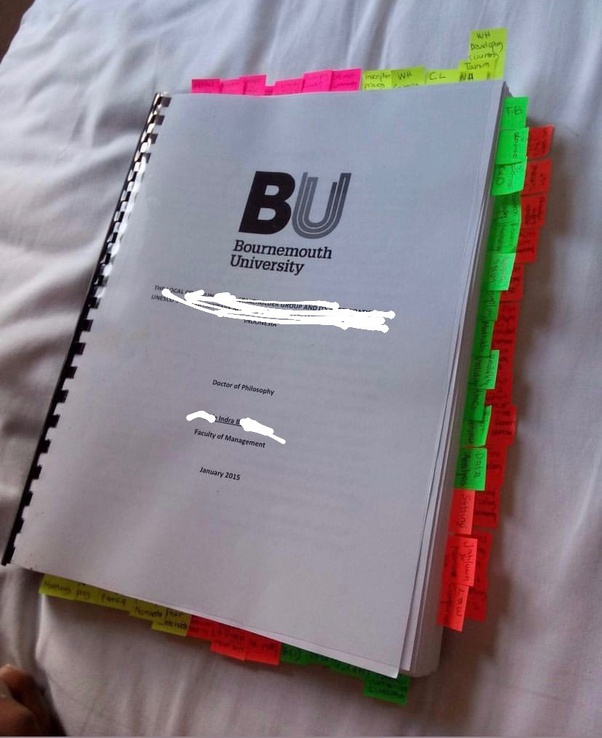What is your feeling as a lecturer when there are students who are unable to answer questions from examiners during proposal seminars or thesis sessions?
21/04/2021 Views : 286
GDE INDRA BHASKARA
That's right! After all, students wrote the thesis themselves, so how could they fail to answer questions about it? But sometimes there are strange examiners, senior lecturers who ask questions completely unrelated to the thesis or dissertation. It’s odd what exactly is their intention? Some even ask about subjects they personally teach.
If students genuinely wrote their thesis from scratch, they'll definitely be able to answer. No question should be too difficult.

This is the dissertation I defended during Viva Voce: an oral examination, typically for academic qualification. I knew everything about it, so I wasn't afraid. I'd be surprised if students couldn't answer their own thesis questions.
Types of questions for final assignments in general:
- Can you start by summarising your thesis?
- Now, can you summarise it in one sentence?
- What is the idea that binds your thesis together?
- What motivated and inspired you to carry out this research?
- What are the main issues and debates in this subject area?
- Which of these does your research address?
- Why is the problem you have tackled worth tackling?
- Who has had the strongest influence in the development of your subject area in theory and practice?.
- Which are the three most important papers that relate to your thesis?
- What published work is closest to yours? How is your work different?
- What do you know about the history of [insert something relevant]?
- How does your work relate to [insert something relevant]?
- What are the most recent major developments in your area?
- How did your research questions emerge?
- What were the crucial research decisions you made?
- Why did you use this research methodology?
- What did you gain from it?
- What were the alternatives to this methodology?
- What would you have gained by using another approach?
- How did you deal with the ethical implications of your work?
- How has your view of your research topic changed?
- How have you evaluated your work?
- How do you know that your findings are correct?
- What are the strongest/weakest parts of your work?
- What would have improved your work?
- To what extent do your contributions generalise?
- Who will be most interested in your work?
- What is the relevance of your work to other researchers?
- What is the relevance of your work to practitioners?
- Which aspects of your work do you intend to publish – and where?
- Summarise your key findings.
- Which of these findings are the most interesting to you? Why?
- How do your findings relate to literature in your field?
- What are the contributions to knowledge of your thesis?
- How long-term are these contributions?
- What are the main achievements of your research?
- What have you learned from the process of doing your PhD?
- What advice would you give to a research student entering this area?
- You propose future research. How would you start this?
- What would be the difficulties?
- And, finally… What have you done that merits a PhD?
My advisor once told me: if you are researching the history of a country from the year 1222 to 1496, and an examiner asks you about the history in 1502, you have the right not to answer. Instead, you can politely respond:
"My research covers the period from 1222 to 1496. The year 1502 is outside the scope of this study, based on my research questions and objectives. Events of 1502 might be explored in greater detail and comprehensively by future researchers, building upon my current work which ends at 1496."
